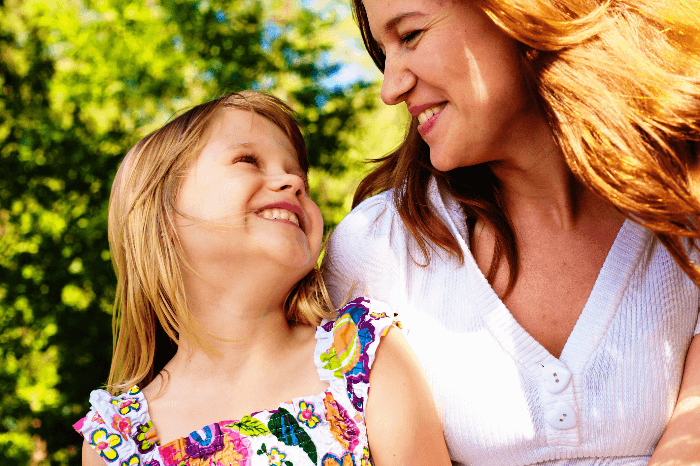What ATN Means to Me
December 2, 2014 by: Jane Samuel One night in 2007 I slipped away leaving my youngest daughter – who was well into one of her daily tantrums – in the hands of my husband. Beyond despair I climbed the stairs to my bathroom on the third floor of our house where I hoped I couldn’t […]
Unselfie-ness
December 1, 2014 by: Julie Beem When ATN joined the #GivingTuesday campaign the idea of members posting their “selfie” photos that communicate why they support ATN really struck a cord. Not only because it is a simple, clever way to tell others about our work over social media. But mostly it was because I get […]
Lessons Learned – Relationships over Things
By: Craig Peterson
Craig Peterson’s ChildrenI had the best of intentions. I never would have imagined my misstep – the precedent I was setting. After all, I was simply trying to be kind to my two newest sons.
They came to me after a decade of extreme neglect and severe abuse at the hands of their birthmother’s boyfriend. Both endured more than 20 out-of-home placements after being stuck in the revolving door of family reunification.
Support ATN and Simplify Your Holidays
November 10, 2014 by: Julie Beem Food. It’s an important part of life and an important part of family. With Thanksgiving just days away, many of us are already thinking about food for that special day. Do we roast, smoke or deep fry the turkey? Mashed potatoes or sweet potatoes? Who’s bringing the green beans? […]
Thoughts from the Board: Nancy Spoolstra
by: Nancy Spoolstra, Founder
I nNancy Spoolstraever cease to be amazed at where, how and when conversations arise about kids with attachment or trauma issues. I seem to be going through business cards lately at a pretty good clip.
Bedtime and Sleep Issues: Part II
By: Jennie Murdock
In my last post, I wrote about some of the things every parent with a child with attachment issues and a history of early trauma should consider if their child has difficulty going to sleep, staying asleep or nightmares. Some of those challenges are long-term problems that can’t be solved overnight. As we work with our children to help them heal, we still have to put them to bed every night. Here are some of my favorite bedtime remedies:
Lessons Learned – Understand Attachment Even Before the Placement Begins
By: Craig Peterson
Two Little BoysAlex and Travis are biological siblings. In 2001, they needed a home. One was nine and the other ten.
I wanted to help. I felt called.
Since I had done well with my first four children – all diagnosed with Fetal Alcohol Syndrome, I thought these two would be easier to parent. Both were high functioning and personable.
How Many Kids Do I Have? . . . Month Two as a Throw-Away Mom
By: Gari Lister
Our oldest daughter, Katya, has been gone nearly two months. She packed the car with everything she could find, changed her phone number, blocked us on facebook, and disappeared into the urban Dallas wilds. In many ways, our life is back to normal, and I have adjusted to my new status. Only a few weeks ago, I couldn’t stop myself from pulling away from the little girls in subtle ways. I finally realized I was petrified they too would throw me away, walking away without a backward glance. I’m mostly now able to accept the risk.
Maybe I can’t be 1st — but how do I get on the Waiting List?

By: Anna Paravano
I’m going to be completely honest here. Whenever I go to a presentation, participate in a discussion group, or talk to a psych, and someone says, “Remember, you have to put the oxygen mask on yourself first before you put it on your child,” I just feel like decking them. In truth, my first thought is, “Do you even have kids?!?!” and then I want to deck them.
Never Let Them See You Sweat

By: Julie Beem
Every Monday my daughter (let’s call her LuLu) goes to a social skills class. Most of the children are on the autism spectrum and that seems to work fine for her, even though I truly believe her developmental issues are trauma-related and not true autism (or at least not entirely autism-related). It’s a nice bit of downtime for me, given that she’s in virtual school and I’m her daily learning coach. Chatting with the other mothers is my own social break. One of the mothers recently revealed that her daughter was also adopted and did it in the context of exploring why she acted the way she did. We’ve since discussed ways that her daughter’s autism diagnosis doesn’t quite “fit” some behaviors and maybe there was something more there. (Yes, I believe there is – early childhood trauma.)